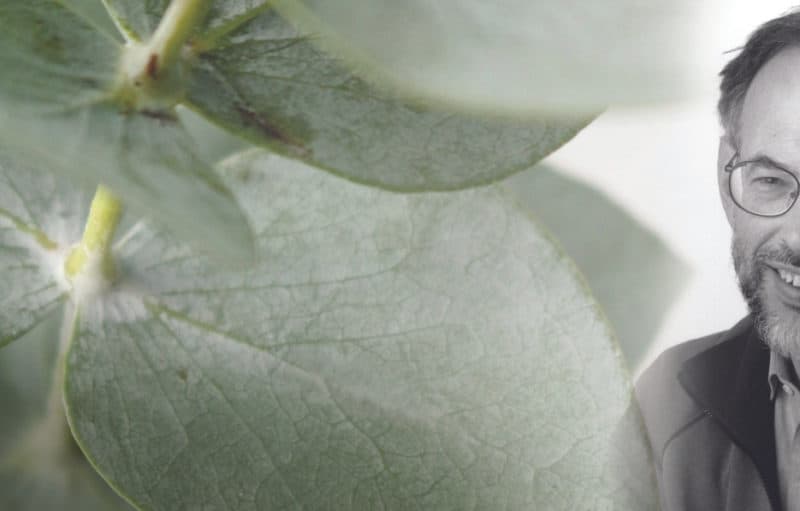NEW STAFF |
Elizabeth Morison has recently joined the Victorian National Parks Association as part of the Australia Institute’s Anne Kantor Fellowship for Young Women Environmentalists.
The Australia Institute is an independent think tank that conducts research to drive public debate and secure policy outcomes to make Australia better. The Fellowship aims to develop new voices to contribute to Australia’s future environmental, climate change and nature conservation debates by providing young women environmentalists with opportunities to develop skills in policy, research, and advocacy.
We are so pleased to have Liz on the team and to be part of the fellowship program.
From Liz:
I am an environmental campaigner, working to secure the protection of nature through policy and legislation. My background is in the conservation and climate movements, with experience in community organising, fundraising, storytelling, and research and advocacy.
I have always been interested in climate and conservation, especially where they interlink. My Honours research specialisation was on how understorey plants respond to extreme climate events, particularly heat and drought stress. In a laboratory experiment, I found that when my study species was exposed to compounded heat and drought stress in spring, the mortality rate was high, but for those plants that survived a spring exposure, their ability to withstand a subsequent exposure to heat and drought stress in summer was much improved. As climate extremes occur at higher intensities and frequencies, species won’t have evolutionary time to adapt, and instead will have to rely on individual resilience to multiple stressful events within their lifetimes. This shift from evolutionary adaptation to individual resilience is an area that I am especially interested in, and I am thrilled to join the Victorian National Parks Association with its strong focus on ecosystem resilience.
During my studies I was grateful to spend time in Canada and Costa Rica studying alpine, arctic, tropical and marine ecosystems in the field. Alongside the science I was learning, I found myself both grounded and motivated by the communities and movements that were working to protect these environments. I’ve worked in non-government advocacy organisations ever since.
Through these experiences, I understand that storytelling is the foundation of all good campaigns. I am passionate about science communication, and have worked as a content researcher for traditional media as well as a non-fiction book. I really enjoy uncovering the ideas and links that help others understand complex challenges, and finding the human stories that give narrative force to those concepts.
As I progress in my career, I am committed to creating meaningful, just, and lasting change in the fields of conservation and climate. Foundational to this commitment is a deep respect for Aboriginal Elders past, present and emerging, and the Gadigal country where I was raised, the Wodi Wodi country where I studied, and the Wurundjeri country where I now live. Sovereignty was never ceded and I am committed to strong allyship in every domain of my work.
I am really excited to join the Victorian National Parks Association for the Anne Kantor Fellowship, in a cohort of young people all working hard to make lasting change in their communities. I feel grateful to have the opportunity to contribute to the campaigns to protect nature, and bolster those campaigns with relevant research arising from working with The Australia Institute. During my very first week, we got word of the central west national parks win. Joining the team at this junction has been extremely motivating, and I am eager to contribute to the next stage of this campaign: stopping the logging of these important forests before they become legislated as national parks!
VNPA is grateful for the support of the Australia Institute’s Anne Kantor Fellowship for Young Women Environmentalists.
Learn more: www.annekantorfellowship.org.au
